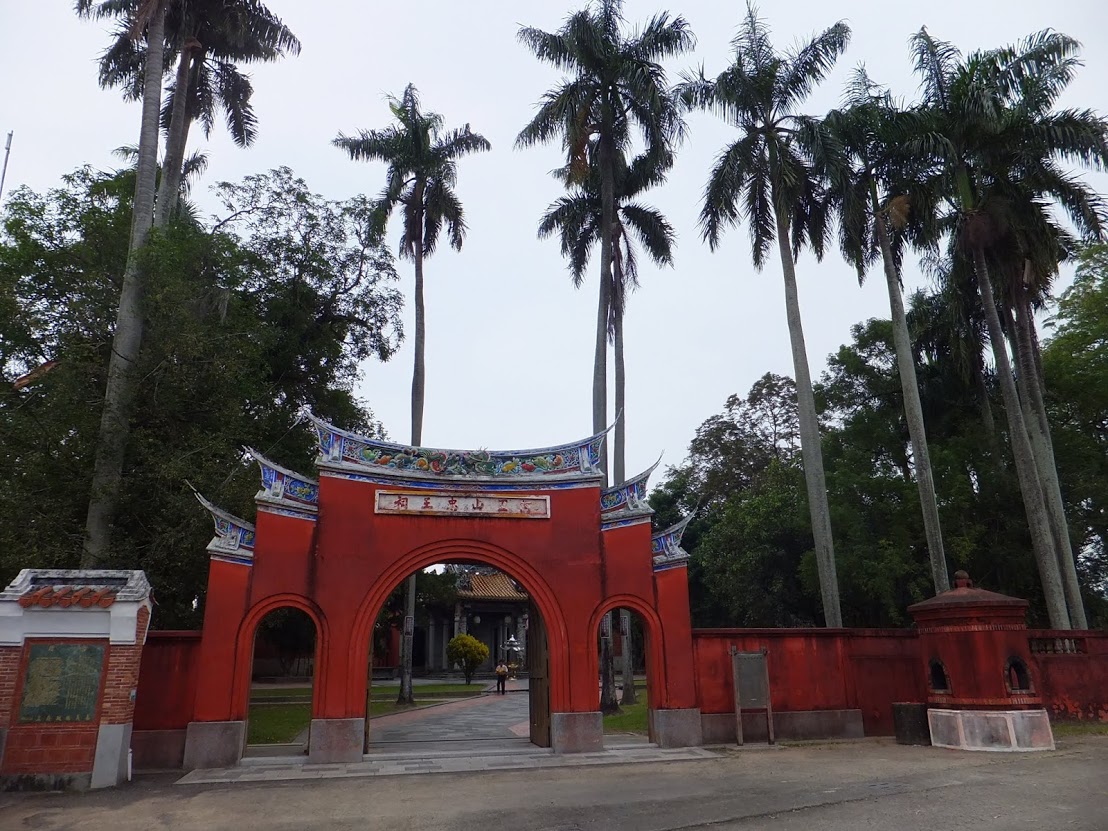Wu Feng Legend on:
[Wikipedia]
[Google]
[Amazon]
 Wu Feng (; 1699,
Wu Feng (; 1699,
吳鳳及其相關問題之研究
Qing dynasty people 1699 births 1769 deaths Taiwanese people from Fujian Taiwanese people of Hoklo descent Deified Taiwanese people People from Zhangzhou Deaths by decapitation 18th-century Chinese businesspeople 18th-century Taiwanese people {{Taiwan-bio-stub
Pinghe County
Pinghe County () is a county of the prefecture-level city of Zhangzhou, in southern Fujian province, PRC, bordering Guangdong province to the west.
Administrative Division
The administrative centre or seat of Pinghe County is Xiaoxi ().
Towns ...
, Fujian
Fujian (; alternately romanized as Fukien or Hokkien) is a province on the southeastern coast of China. Fujian is bordered by Zhejiang to the north, Jiangxi to the west, Guangdong to the south, and the Taiwan Strait to the east. Its capi ...
-1769, Zhuluo County
Zhuluo County () was a political division in Taiwan from 1684 to 1787, during Qing Dynasty rule of the island. Initially encompassing the underdeveloped northern two-thirds of Taiwan, the county shrank in size as the population and economy of the ...
) was a Chinese merchant whose legend was once popular in Taiwan
Taiwan, officially the Republic of China (ROC), is a country in East Asia, at the junction of the East and South China Seas in the northwestern Pacific Ocean, with the People's Republic of China (PRC) to the northwest, Japan to the nort ...
.
Description
Wu Feng was a Han Chinese who befriended aborigines. According to the popular story about him, which was not recorded before 1855, he tried to persuade the A-li-shan tribe to give up their practice of headhunting, but his attempts were unsuccessful. On one occasion he declared that on the following day the aborigines would see a man in a red cloak. He told them they would cut off the man's head, but it would be the last head they ever took. The next day, the aborigines saw a man in a red cloak and decapitated him, only to find out they had killed Wu Feng himself. Horrified, they gave up the practice of headhunting forever. In the early 19th century, before 1820, a small mausoleum was built for Wu Feng. It was rebuilt and expanded in the early 20th century. This mausoleum is now a cultural landmark. This story was in school history books during themartial law
Martial law is the imposition of direct military control of normal civil functions or suspension of civil law by a government, especially in response to an emergency where civil forces are overwhelmed, or in an occupied territory.
Use
Marti ...
period. In the 1970s, it was the subject of a long form modern dance piece, containing echoes of ''The Rite of Spring
''The Rite of Spring''. Full name: ''The Rite of Spring: Pictures from Pagan Russia in Two Parts'' (french: Le Sacre du printemps: tableaux de la Russie païenne en deux parties) (french: Le Sacre du printemps, link=no) is a ballet and orchestral ...
'', by Cloud Gate Dance Theater
Cloud Gate Dance Theater () is a modern dance group based in Taiwan. It was founded by choreographer Lin Hwai-min in 1973, and later he shared its management with his late protégé, choreographer Lo Man-fei. The troupe was inactive from October 1 ...
.
Some said it purports to show an example of the Han Chinese
The Han Chinese () or Han people (), are an East Asian ethnic group native to China. They constitute the world's largest ethnic group, making up about 18% of the global population and consisting of various subgroups speaking distinctive va ...
having a "civilising" influence on the Taiwanese aborigines
Taiwanese may refer to:
* Taiwanese language, another name for Taiwanese Hokkien
* Something from or related to Taiwan ( Formosa)
* Taiwanese aborigines, the indigenous people of Taiwan
* Han Taiwanese, the Han people of Taiwan
* Taiwanese people, ...
through heroic personal sacrifice. During the Kuomintang
The Kuomintang (KMT), also referred to as the Guomindang (GMD), the Nationalist Party of China (NPC) or the Chinese Nationalist Party (CNP), is a major political party in the Republic of China, initially on the Chinese mainland and in Tai ...
rule of Taiwan, Wu Feng was considered a minor national hero.
In 1989, soon after the 1987 lifting of martial law in Taiwan
Martial law in Taiwan () refers to the periods in the history of Taiwan after World War II during control by the Republic of China Armed Forces of the Kuomintang-led Government of the Republic of China regime. The term is specifically used to ...
and taking advantage of a new-found emphasis on human rights, aborigines who had long been offended by their perception of racism
Racism is the belief that groups of humans possess different behavioral traits corresponding to inherited attributes and can be divided based on the superiority of one race over another. It may also mean prejudice, discrimination, or antagonism ...
in the Wu Feng story protested against its continued presence in history books. As part of the protest, they demolished statues of Wu Feng "wherever they found them.", and Wufeng Township in Chiayi, named after the legend, was renamed to Alishan Township. The same year, Minister of Education Mao Gao-wen
Mao Kao-wen (; 9 February 1936 Fenghua, Ningbo – 28 October 2019 Taipei) was a Taiwanese chemist, politician, and diplomat. He served as the president of National Tsinghua University from 1981 to 1987. He also was the Minister of Education of t ...
agreed to remove the story from Taiwanese history books. The legend remains in oral tradition of some Han Chinese.
References
External links
吳鳳及其相關問題之研究
Qing dynasty people 1699 births 1769 deaths Taiwanese people from Fujian Taiwanese people of Hoklo descent Deified Taiwanese people People from Zhangzhou Deaths by decapitation 18th-century Chinese businesspeople 18th-century Taiwanese people {{Taiwan-bio-stub